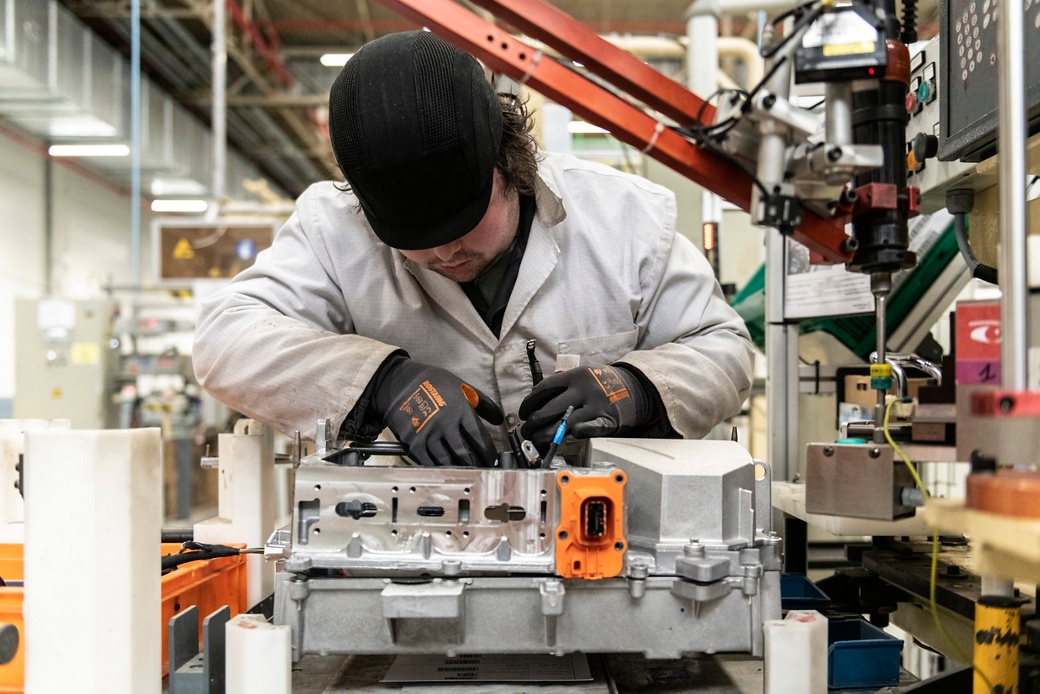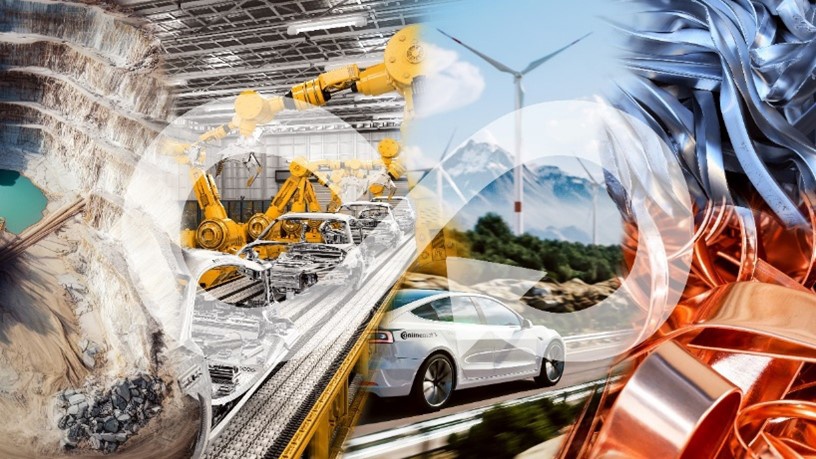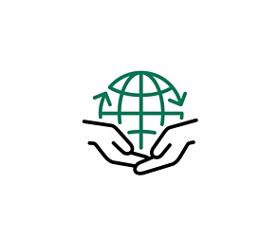The Future is Neutral, a subsidiary of Renault Group and Suez, is dedicated to delivering comprehensive circular economy solutions that address every phase of a vehicle's life cycle across the entire automotive industry. The Remakers, company of The Future is Neutral, and Continental Automotive have introduced the first circular economy offering in Europe specifically designed for electric vehicles – with the DCDC converter as a key focus component.
The Future is Neutral and Continental Collaborate on Remanufacturing for Circular Economy
Pioneering Closed-Loop Solutions for Electronic Automotive Parts: Extending Product Life through Reuse and Repair of DCDC converters.
Aligned with Continental's four sustainability ambitions, this initiative plays a critical role in achieving the visionary ambitions the company has committed to reach by 2050. These include 100% carbon neutrality, 100% emission-free mobility and industry, 100% circular economy, and 100% responsible value chains. The remanufacturing process allows the avoidance of 97% CO2 equivalent per part, compared to the production of a new part.
By extending the lifecycle of electronic components and giving products a second life, the partnership directly supports the transition to a circular economy, reducing waste and conserving resources. It also significantly minimizes environmental impact by decreasing the demand for raw materials and reducing the carbon footprint. By this, The Future is Neutral is setting a benchmark for sustainable innovation in the automotive sector.

DCDC Converter Remanufacturing
At the core of this collaboration is the DCDC converter, an essential component for managing power between high-voltage and low-voltage systems in EVs. As part of the project, Continental Engineering Services (CES), a fully owned subsidiary of Continental, and The Remakers have outlined a comprehensive plan to refurbish, repair, remanufacture and reuse DCDC converters. Over the course of three years, the remanufacturing process will target specific modes and extend the functional lifespan of these converters.
The Journey of Remanufactured Parts
According to Aurelien Groussard, Local Segment Head Cross Technology Operations France, the DCDC remanufacturing project will unfold in three stages:
- 1. Initial Diagnosis and Repair: CES will diagnose the faulty component using automated testing and replace the needed malfunctioning components.
- 2. Comprehensive Testing: Following repairs, each converter undergoes a stringent validation process. The repair process was validated, with repaired parts thoroughly analyzed by our Quality Labs, and confirmed through rigorous stress testing to ensure they meet "as good as new" standards. Each part then undergoes a functional test at the end of the line to guarantee reliability.
- 3. Supply Chain and Logistics: The Remakers will facilitate logistics by collecting and shipping converters. Repaired units will be packaged sustainably. Additionally, traceability systems at CES, ensure transparency at every stage of testing, repair, and shipping - a key aspect for circular economy.

Circular Economy Benefits and Customer Value
The collaboration aligns with Continental’s commitment to automotive sustainability by reducing waste and maximizing resource efficiency. Remanufacturing not only curtails environmental impact but also offers a cost-effective solution for customers. Extending the converter's lifecycle helps reduce dependency on new raw materials, supporting The Future is Neutral’s and Continental’s circular economy objectives.
Adrien Eymard, Head of Automotive Sustainability & ESH at Continental Automotive, emphasized the importance of collaboration in achieving these goals:
At Continental Automotive, we believe collaboration is key to building a circular ecosystem in the automotive industry. Our partnership with The Future is Neutral showcases how sustainable solutions can enhance product closed loops and drive the industry towards a circular automotive future. Together, we innovate to create durable automotive components, conserving valuable natural resources for as long as possible.

Adrien Eymard
Head of Automotive Sustainability & ESH at Continental Automotive
Rafael Treguer, Managing Director of The Remakers, shares: “We remanufacture automotive parts since 1949. We have in-depth knowledge of the automobile parts, from reverse engineering to industrial process, and a head start in the field of electric engines. Being part of The Future Is NEUTRAL, a pure player of the automotive circular economy, allows us to develop new solutions in a shorter time, thanks to partnerships like the one with Continental. As cars are more and more sophisticated, collaboration is key to offer customers solutions that are at top level quality, affordable, and have a reduced environmental footprint.”
Toward a Circular Automotive Future
The DCDC converter remanufacturing project is a vital step toward a sustainable automotive industry. Driven by a shared vision of circularity, the companies are crafting innovative, sustainable solutions that extend product lifespans, close the loop for electric vehicle components, reduce waste, and deliver value to end customers.
This collaboration symbolizes the future of automotive sustainability, setting a benchmark for industry-wide transformations. With this Remanufacturing center, Continental demonstrates its ability to repair, remanufacture and refurbish electronic systems for the automotive industry.
For more information on this collaboration and Continental’s circular economy initiatives, visit our Circular Economy page and our Sustainability Spotlight.

